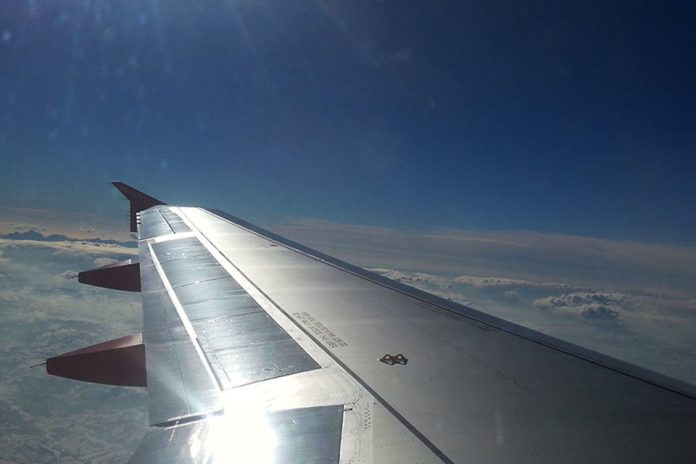-
Israel, Jerusalem, Namibia, Rwanda, Sri Lanka, Uruguay, Bonaire, St Eustatius and Saba, the Northern Mariana Islands and the US Virgin Islands added to list of travel corridors for England, Wales and Northern Ireland having been assessed by the Joint Biosecurity Centre as posing a lower infection risk
-
no countries are being removed from the travel corridors this week
-
travellers urged to check the latest advice from the FCDO before travelling and will be required to fill in a passenger locator form before returning home
Israel, Jerusalem, Namibia, Rwanda, Sri Lanka, Uruguay, Bonaire, St Eustatius and Saba, the Northern Mariana Islands and the US Virgin Islands have been added to the travel corridor list for England, Wales and Northern Ireland following a decrease in risk from coronavirus (COVID-10) in these destinations.
From 4am on Saturday 21 November 2020, passengers arriving into England, Wales and Northern Ireland from these destinations will no longer need to self-isolate so long as they haven’t been in or transited through any other non-exempt countries in the 14 days preceding their arrival.
The travel corridor applies for Israel in its entirety, and Jerusalem in its entirety. For the Occupied Palestinian Territories, only East Jerusalem is included in the travel corridor. The remainder of the Occupied Palestinian Territories are not included. Travellers arriving from locations that are not included will still need to self-isolate for 14 days on arrival in the UK. This decision is driven by public health considerations based on epidemiological evidence.
There will be no removals from the travel corridors this week.
At the same time, the Foreign, Commonwealth and Development Office (FCDO) has updated its travel advice to no longer advise against all but essential travel to Israel, Jerusalem, Namibia, Rwanda, Uruguay, Bonaire, St Eustatius and Saba, the Northern Mariana Islands and the US Virgin Islands. The changes reflect the latest assessments by Public Health England (PHE) of the risk to travellers in these destinations.
The government has made consistently clear it will take decisive action if necessary to contain the virus, including removing countries from the travel corridors list rapidly if the public health risk of people returning from a particular country without self-isolating becomes too high.
National restrictions introduced on 5 November 2020 remain in place meaning everyone must stay at home unless travelling for a very limited set of reasons, including for work or education. This means people can no longer travel to take holidays or travel internationally unless for work or other legally permitted reasons. Those in breach of the rules face penalties starting at £200 and rising to a maximum of £6,400.
The travel ban on Denmark introduced on 7 November 2020 is also still in place. British nationals, Irish nationals and people with the right to reside in the UK who have been in or transited through Denmark in the 14 days before their arrival in the UK will need to self-isolate along with all other members of their household for 14 days from the date they were last in Denmark.
COVID-19 has profoundly changed the nature of international travel. Travellers should always check the latest advice from the FCDO, given the potential for changing coronavirus infection rates to affect both the advice about travelling to other countries and rules about self-isolation on return.
All travellers, including those from exempt destinations, will still be required to show a complete passenger locator form on arrival into the UK unless they fall into a small group of exemptions.
Penalties for those breaching the self-isolation rules when returning from non-exempt countries have increased from £1,000 for first offences up to £10,000 for subsequent offences, mirroring penalties for those breaching self-isolation following a positive COVID test or contact from Test and Trace.







